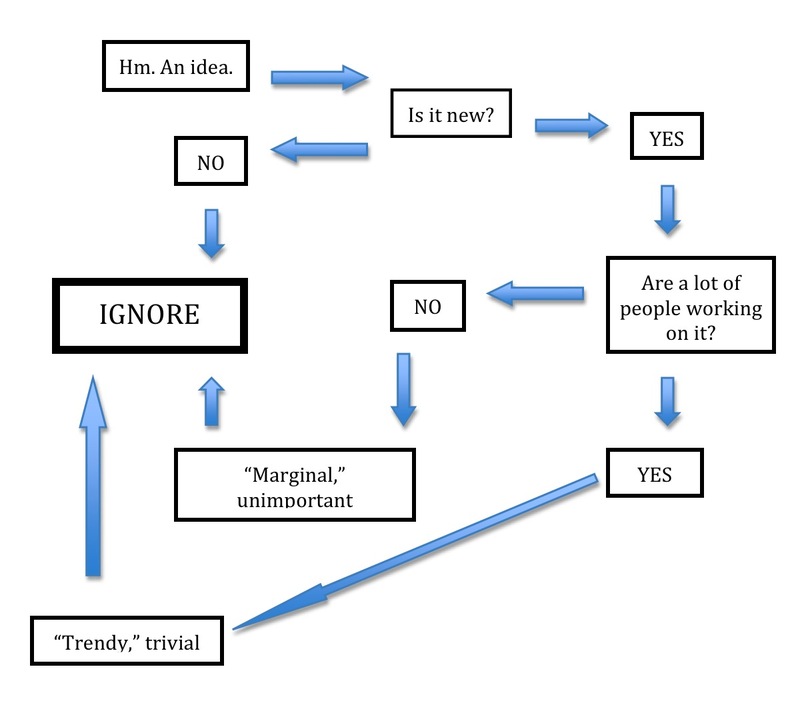Blackjack?
I'm always happy to learn new things about playground culture. Like language, it's somehow completely consistent and endlessly variable across time and space. And now that my main source for contemporary playground lore (e.g. "Pickle jinx", 12/16/2003; "High jinx", 12/17/2003) has graduated to new sorts of games, I have to rely on internet clues like this:
The phrase "no tagbacks" is familiar from my childhood — and the concept presumably goes back to paleolithic times — but the use of "blackjack" in this context is new to me. And in this particular case, the internet has so far failed to provide the answer. [Update: but Ray Girvan came through].
Read the rest of this entry »




